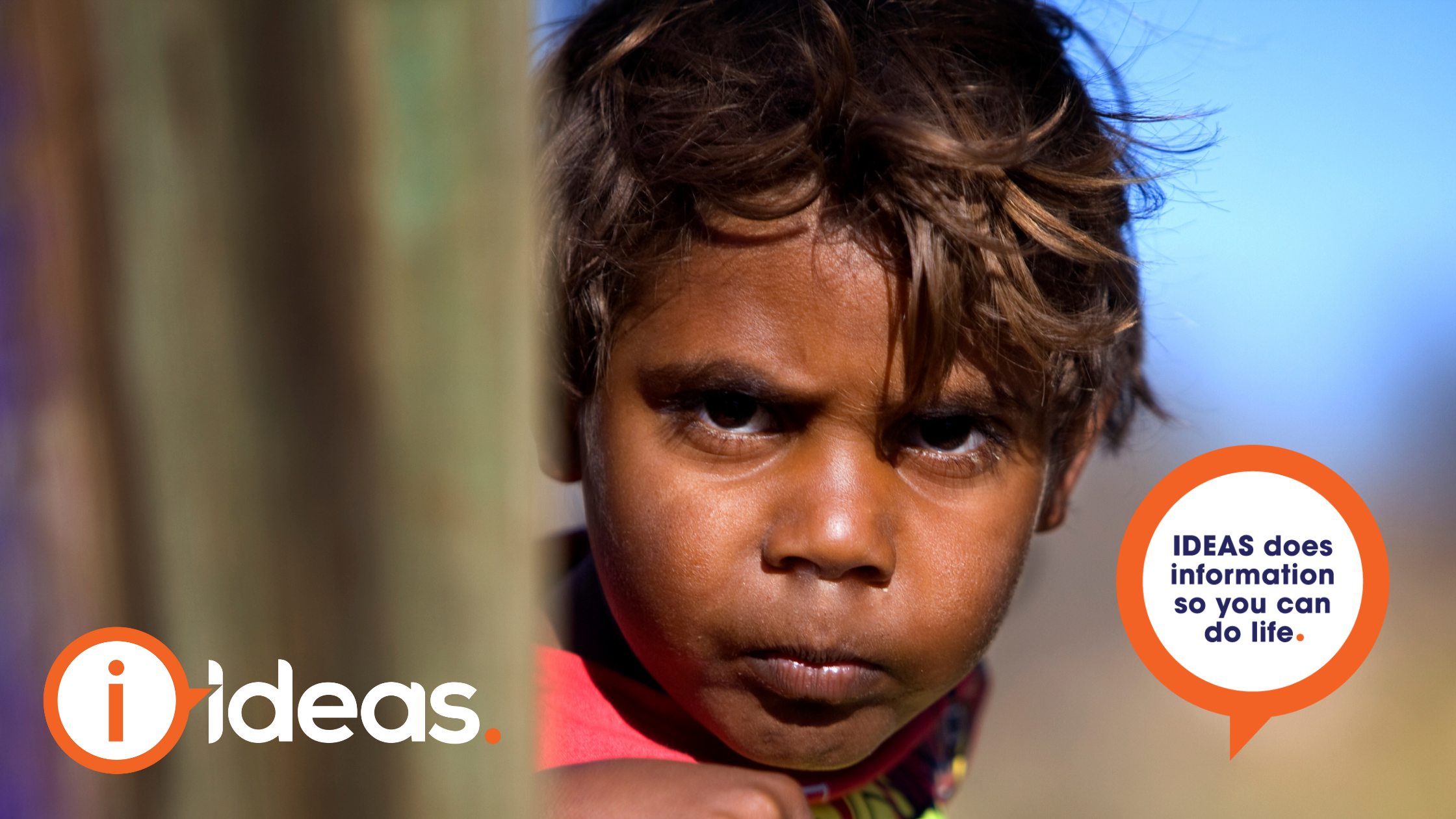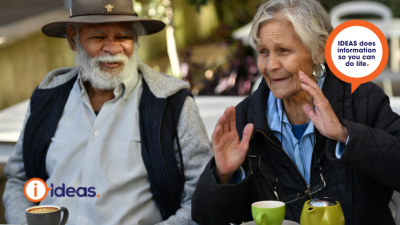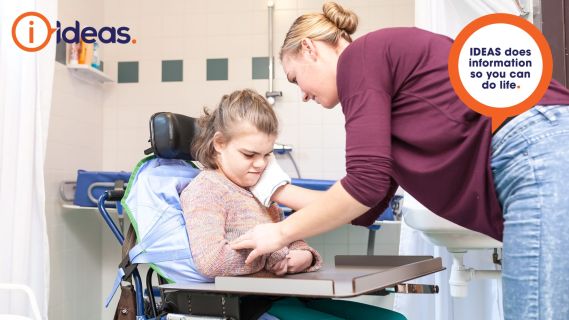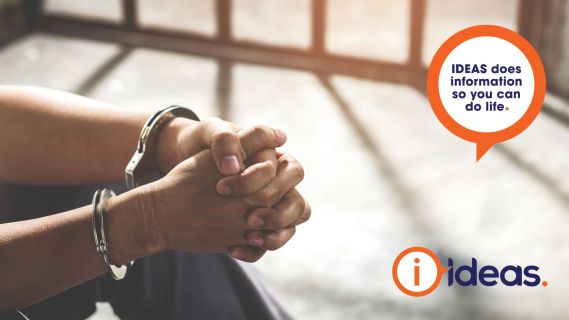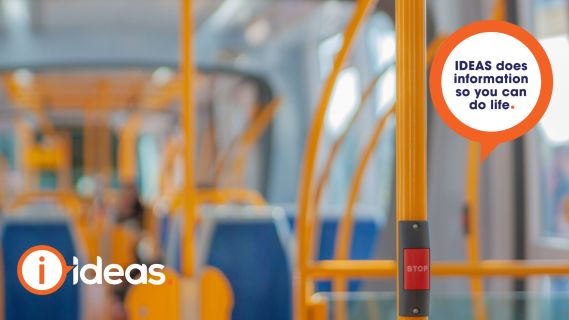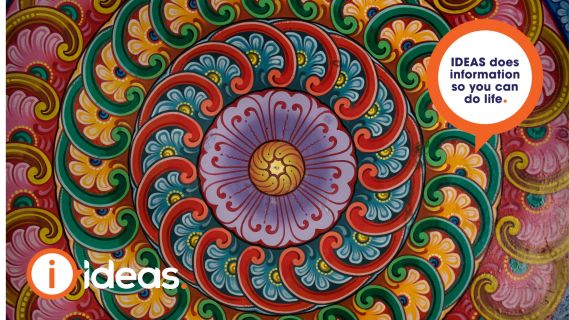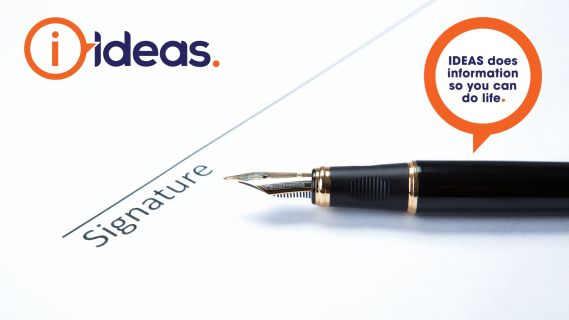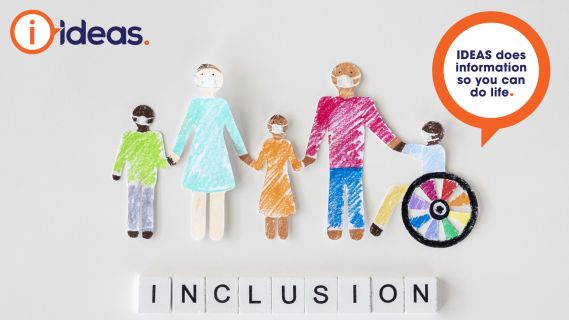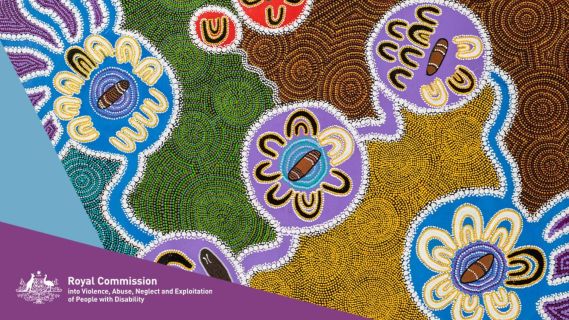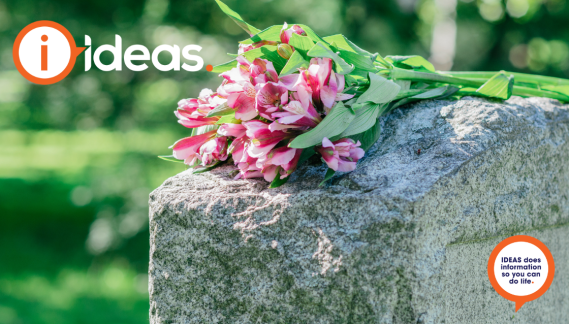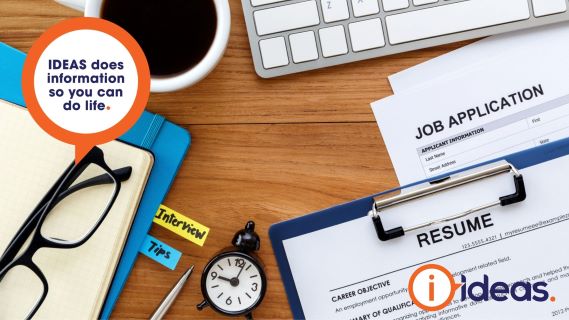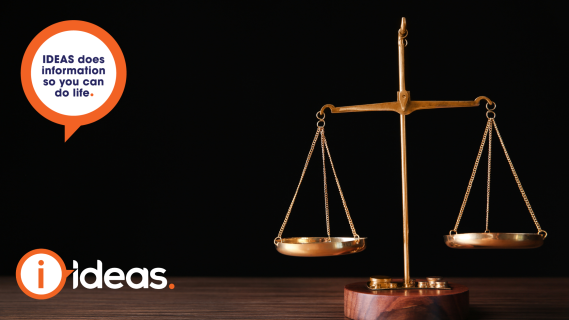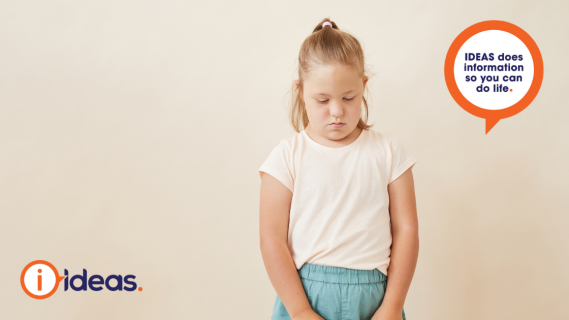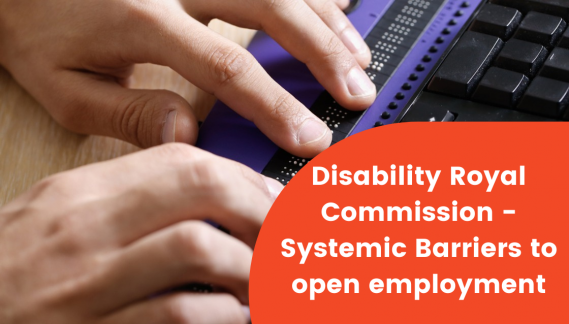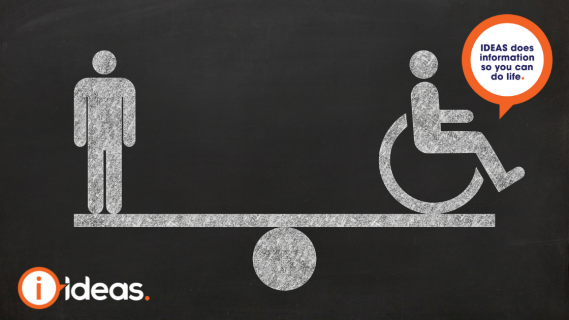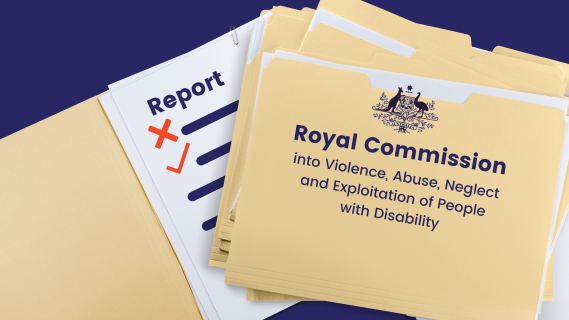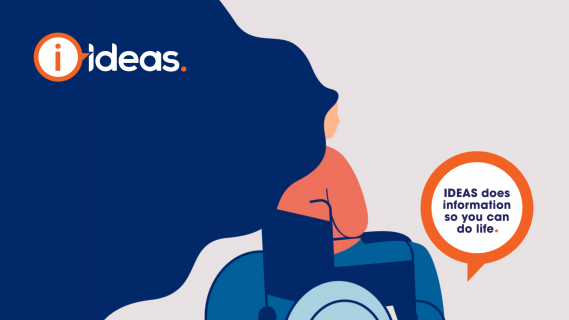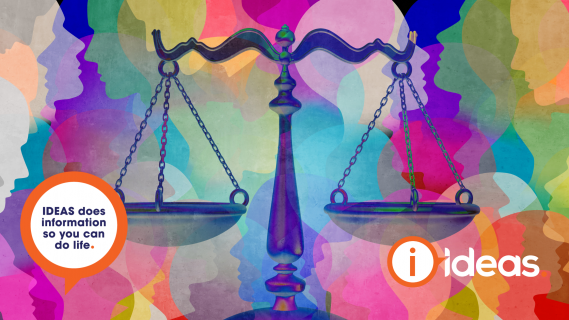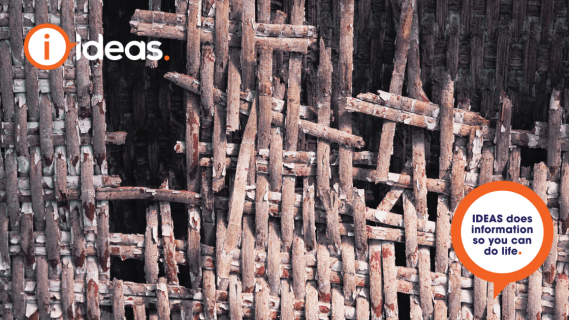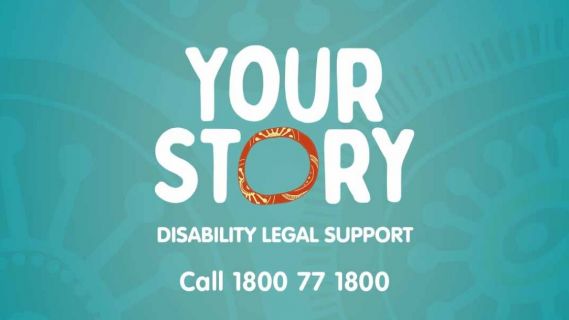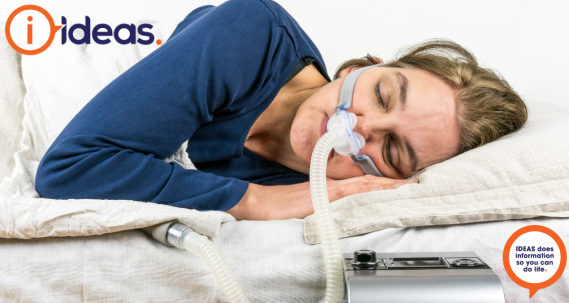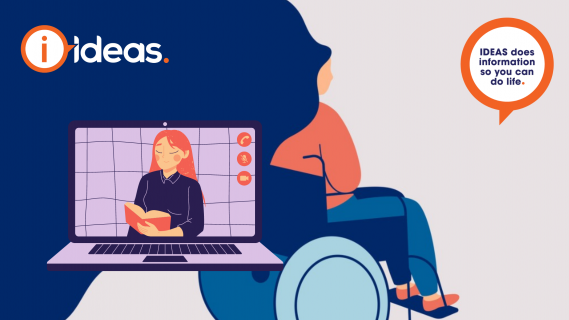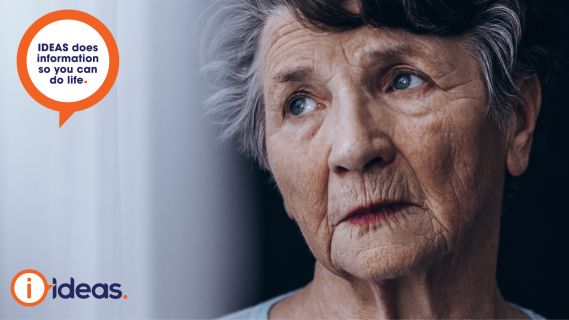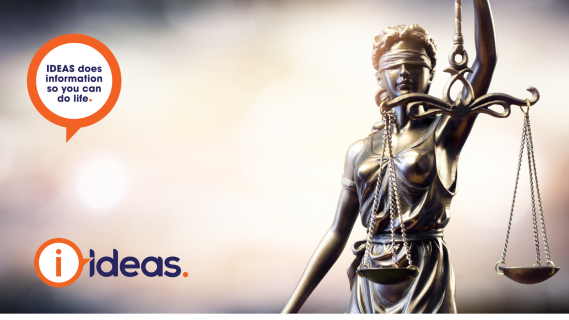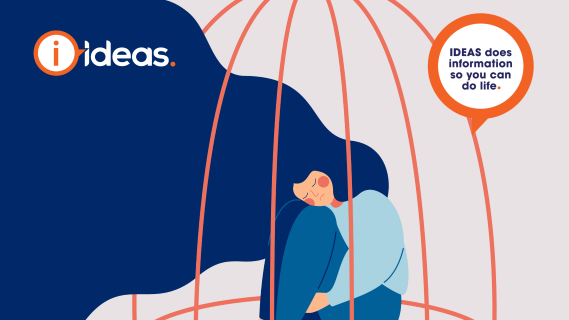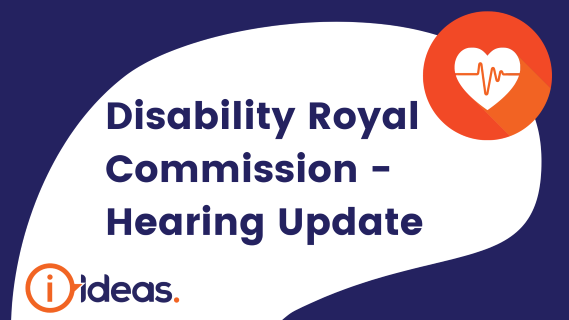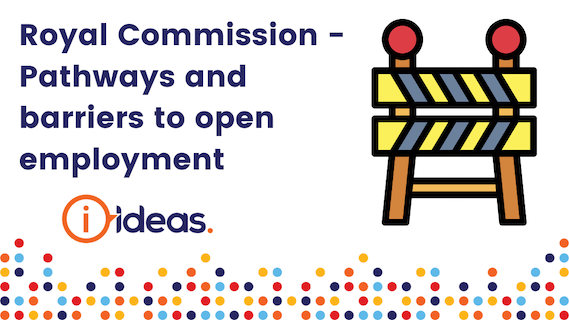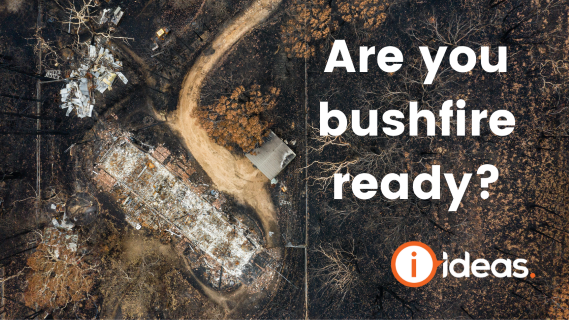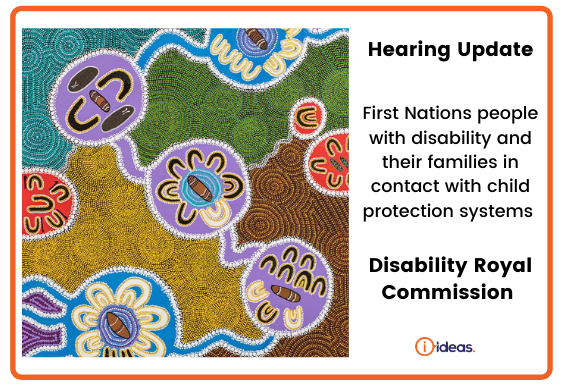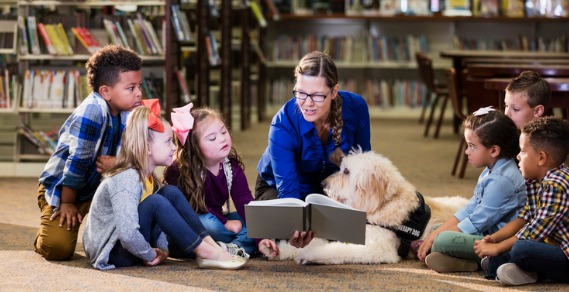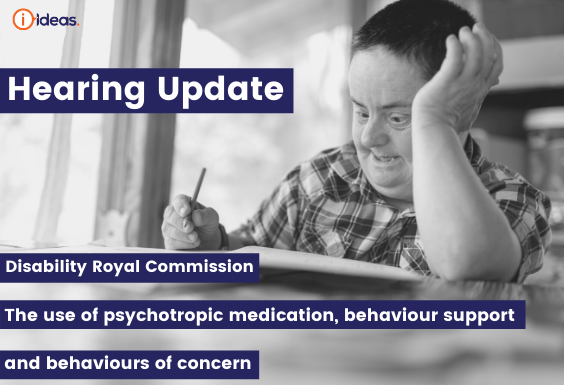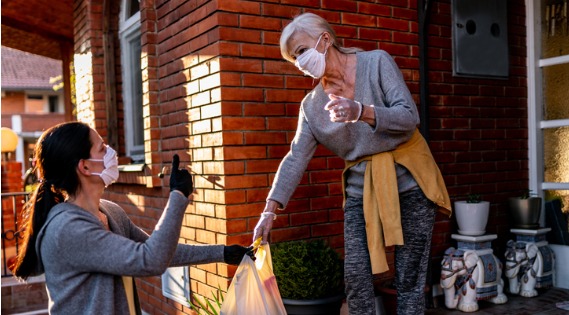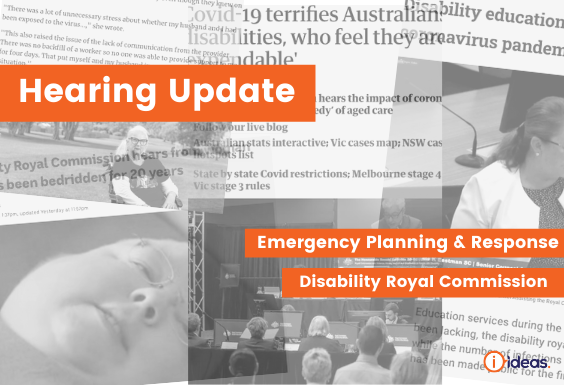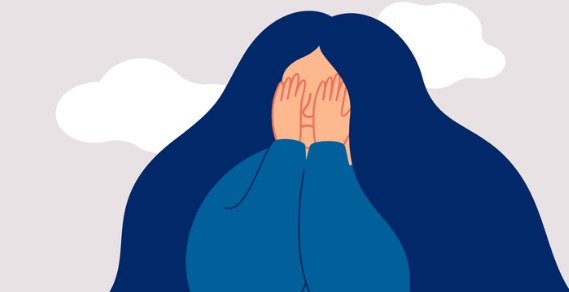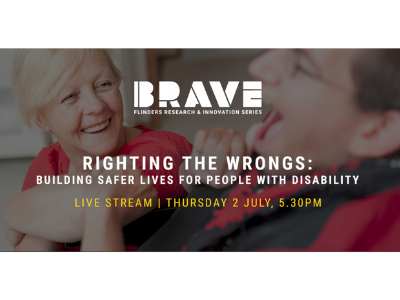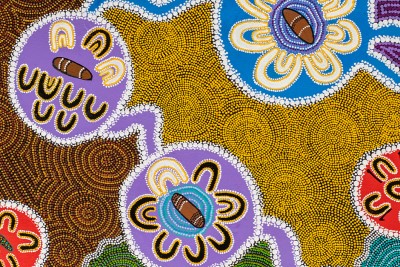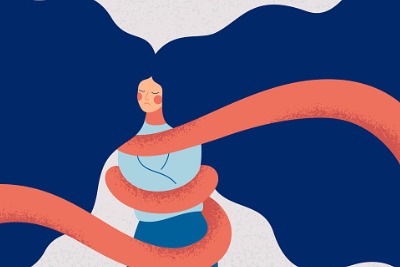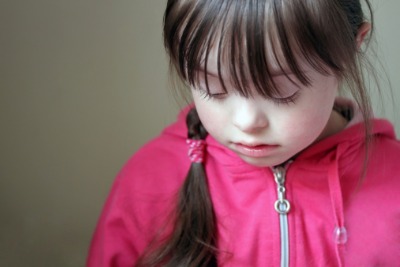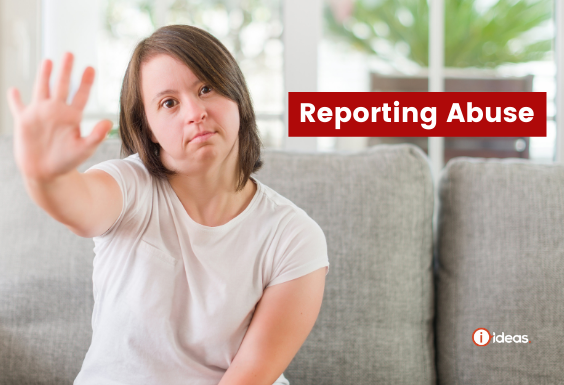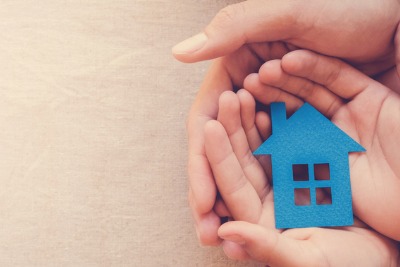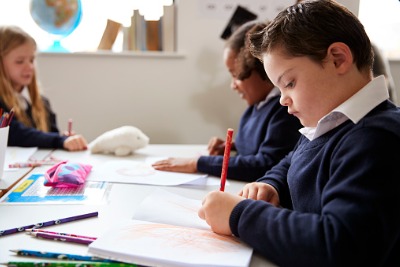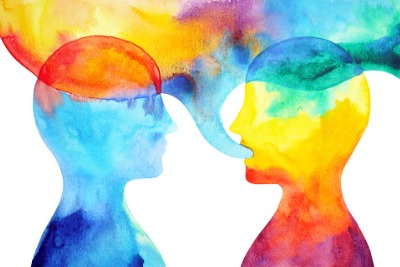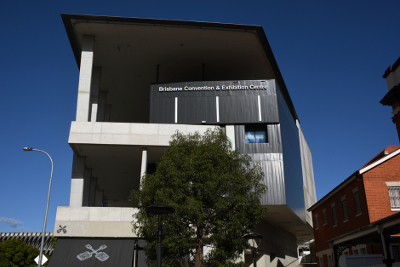Content Warning
Some of the stories and information below may contain details about abuse, neglect and mistreatment of people with disabilities. You can find help if you have any concerns because of this information.
How can I attend?
Due to COVID-19, the hearing will not be open to the public. It will be held online and streamed live from Friday 17 September to Friday 24 September 2021. The live stream will include Auslan, captions and audio-only options.
What is it about?
This is the second First Nations specific public hearing to be held by the Royal Commission as it seeks to plot the life course for First Nations people with disabilities and their experiences of violence, abuse, neglect and exploitation, including cumulative and systemic abuse and neglect by multiple systems over time.
“On 30 June 2020, 38% of children on care and protection orders in Australia were First Nations, despite making up only around 6% of the total number of children in Australia. First Nations children were also 10 times more likely to be in out-of-home care than non-First Nations children,” said Chair, the Hon Ronald Sackville AO QC. Despite the limited data available on the intersection between disability and First Nations status, it is recognised that First Nations people with disabilities are over-represented in out-of-home care settings and this includes First Nations children who are in foster care, kinship care, or residential care.
This hearing will focus on the experiences of First Nations children with disabilities in out-of-home care. It will be the second public hearing of the Royal Commission specifically examining the experiences of First Nations people with disabilities.
The scope and the purpose of the hearing are to inquire into:
- Experiences of violence, abuse, neglect and exploitation of First Nations children with disability in out-of-home care.
- Policy and practices of child protection departments in identifying and diagnosing disability of First Nations children in out-of-home care, including health checks and disability assessments.
- Access to supports and services by First Nations children with disabilities in out-of-home care, including the NDIS.
- Access to supports and services by carers of First Nations children with disabilities in out-of-home care.
- Policies and practices with respect to secure care environments and the potential for adverse outcomes for First Nations children with disabilities in these settings.
- Patterns and trends in the representation and placement of First Nations children with disabilities in out-of-home care, including whether these children are more likely to be placed in particular out-of-home care settings.
- Data on the representation and experiences of First Nations children with disabilities in out-of-home care.
- Negative outcomes for First Nations children with disability in out-of-home care, including care-criminalisation.
- Solutions to address systemic problems experienced by First Nations children with disabilities in out-of-home care.
This live stream/recording has closed captions and Auslan translations. There is an audio-only stream option.
Witness List
Official Transcripts
Will be added when available.
Media coverage
17 Sep 2021
Sydney Morning Herald
“When I grew up, the foster carers I was living with, most of them used to bash me and stuff … I trusted them, you know. I was a young kid trying to get away from that stuff and I trusted them to look after me.”
Royal commission hears of abuse of Aboriginal kids with disability in out of home care
20 Sep 2021
National Indigenous Times
“I’ve been homeless since the age of 8 … I had places to go but when I went there it felt like I didn’t belong you know. It felt hard for me, [I] didn’t get to have a say, [I] felt unsafe.”
Disability Royal Commission hears First Nations experiences of out-of-home care
Support Services
Your Story Disability Legal Support is a free, independent legal service supporting people with disabilities to safely share their stories with the Disability Royal Commission.
The Disability Royal Commission has set up support services for people with disabilities affected by or interacting with the Commission process. These supports include counselling, advocacy, financial and legal help. For more information and links read our resource on Royal Commission Support Services.
The National Disability Abuse and Neglect Hotline is a free, independent and confidential service for reporting mistreatment of people with disabilities.
More Information
All our coverage of the Disability Royal Commission is here: Royal Commission into Violence, Abuse, Neglect and Exploitation of People with Disability, otherwise please choose from the list of past hearings below.

